Educating Others with Help from 50+ World Leaders
Despite how interconnected our world has become, young Americans still know very little about places beyond our borders. Not just being blissfully unaware of current events, but genuinely not knowing about the places where the world’s affairs are happening.
Seeing so many of my peers completely blind to the world around them, I decided to dedicate the summer of 2022 to educating others about the different people and places of our world. But how does one do that, I asked myself? I reflected back on my own personal interests and skills: my love of history and foreign places, my desire to have a career in diplomacy, my success as the Editor-in-Chief of my school’s newspaper. Then it hit me; I could combine all three to help educate other young people in a way they’d want to learn.
In June of 2022, I came up with the idea of writing to the head of every nation’s government to get the raw information for this endeavor. Almost immediately after, I wrote out 187 letters to the various heads of state asking the same basic question: What would you like the young people of America to know about your country? This question would allow each leader the chance to discuss whatever they saw as the most important and/or special thing about their country, giving a large array of possible answers. Then, after about 200 hours, and just as many paper cuts, I shipped my letters off to leaders from around the globe.
Fast forward to a year later. I’ve gotten over 50 responses from leaders and diplomats representing all the inhabited continents and a sizable percent of the world’s population. I’ve heard stories from Presidents like I was an old friend, I’ve been invited to visit multiple countries (although they always omit plane tickets), and most importantly, my entire view of the world has changed for the better.
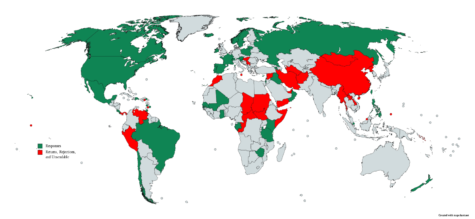
The Ambassador of Gabon shared that in their country, even distant relatives (like cousins or uncles/aunts) are seen as immediate family; the President of Switzerland explained the importance of being neutral yet accepting; the Prime Minister of New Zealand discussed the importance of feminism in her country’s history, saying that their “history is peppered with the achievements of incredible women;” the President of Trinidad & Tobago wrote about the ascent of her people from slavery to prosperity; and the Prince of Monaco was so proud of his city-state, he wanted to “welcome [me] and show [me] the Palace,” including in his letter a free itinerary for the country – although omitting the plane tickets necessary to claim it. Essentially, I learned that people across the globe have been overcoming incredible obstacles, rising from the ashes, and are incredibly proud of themselves and their ancestors for it. Every country, and every people, has a story of triumph and tragedy, and I see myself as very lucky to be able to hear so many of these stories with a newly open mind.
In the Autumn following the letters, I wrote an article about the experience for my school’s newspaper, The Bobcat Prowl. This article would go on to be the most successful article on the entire site, pulling in thousands of views. Due to the reception of the article, I was contacted by multiple local media agencies who wanted to share my story and highlight my work. I even became something of a local celebrity and was invited to speak at multiple events. Then it was all over.
I assumed that I’d had my 15 minutes of fame, that it was over. Months passed and the excitement died out, even though I continued to get responses. That was until February, when I was approached with an intriguing offer: write a book about the letters.
I’d always wanted to write a book, but it always seemed so far away and impossible. Despite that, I decided to humor myself by trying to write something to meet this offer. In only three weeks, I had my first draft finished.
Although it has original quotes and messages from over 50 leaders and diplomats, the book isn’t too long or drawn out – which I did to cater to younger readers who wouldn’t like the long and boring details and descriptions that aren’t necessary.
While the book is still in the editing stages, I remain extremely excited about the opportunity to educate my peers through it. I hope that, in lieu of price and time-restrictive travel, young people can see the world that exists past their homes. As my new friend, the President of Iceland, wrote (and I hope to emulate): “I would just encourage you to be curious, to be open-minded, to be willing and eager to learn about other people, to travel, and meet others.”
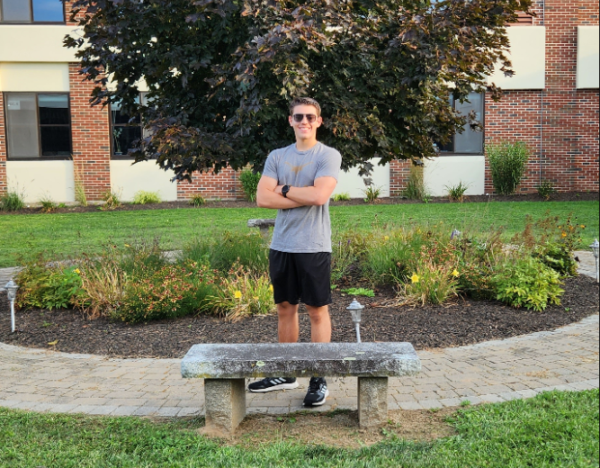
In addition to his communication with over 60 world leaders, Max Schwartzman is the Editor-in-Chief of South Windsor High School’s award winning newspaper, The Bobcat Prowl. He is strongly committed...


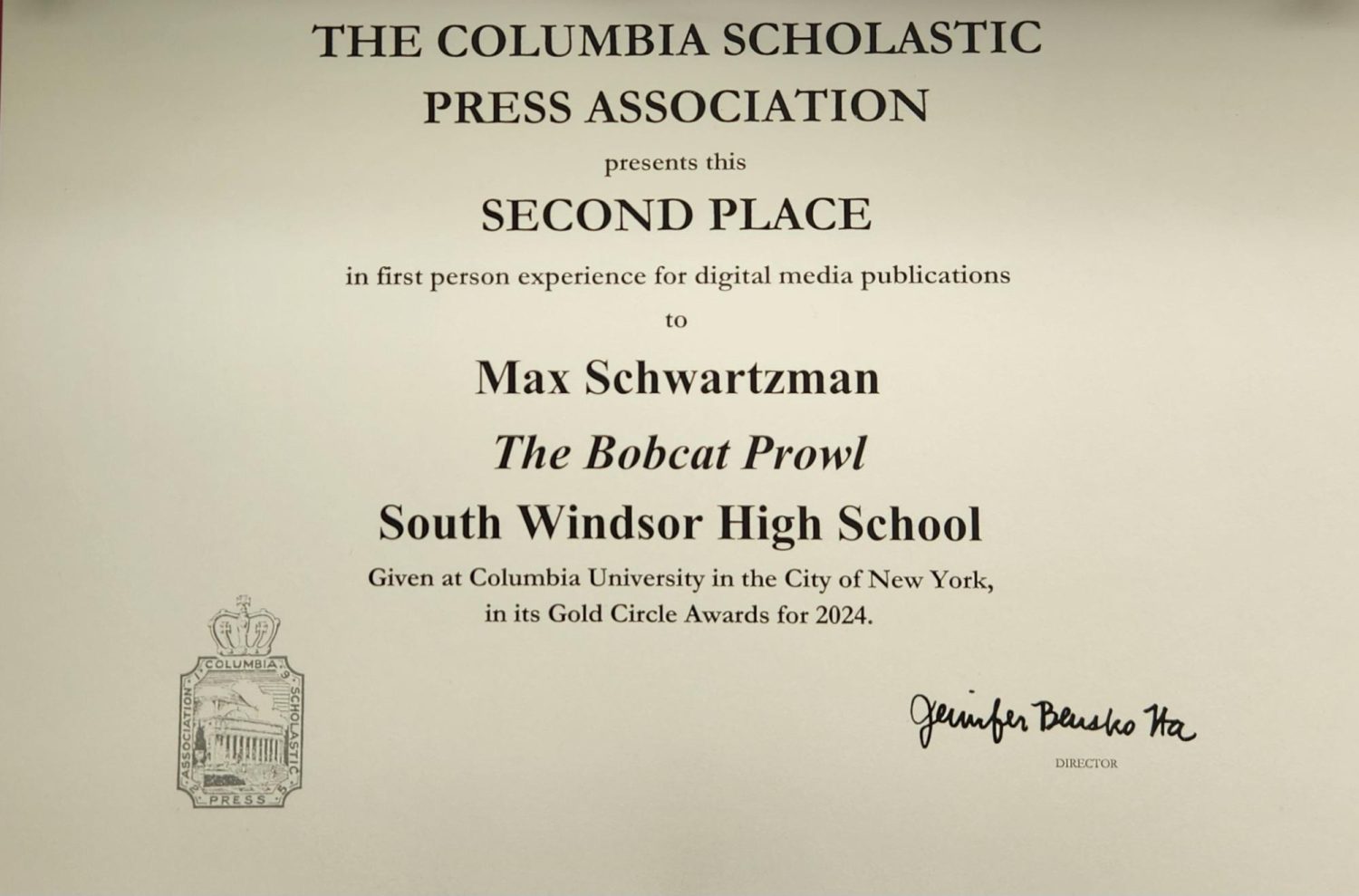
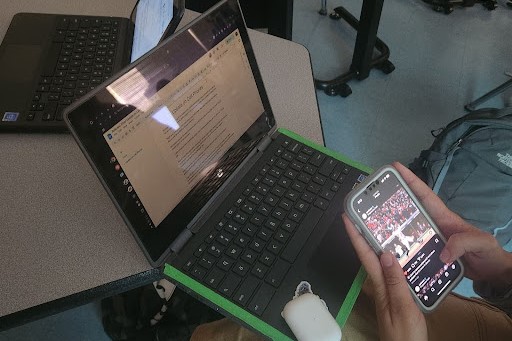
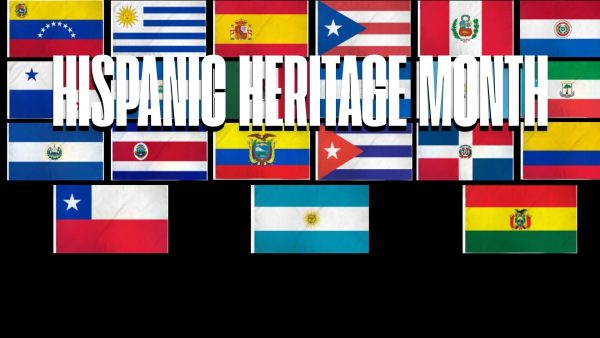
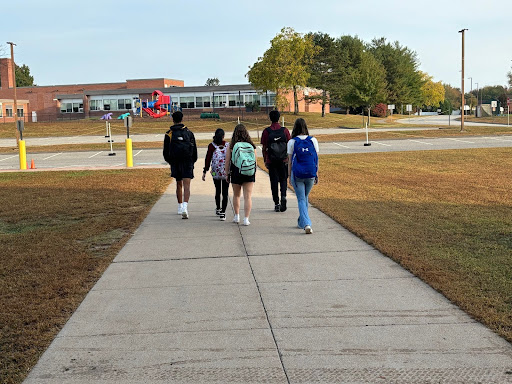
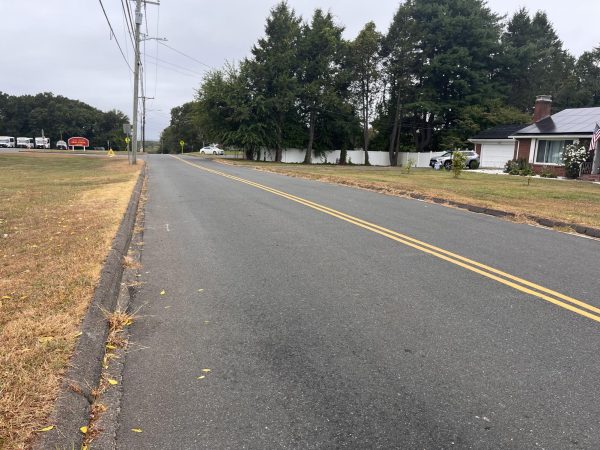
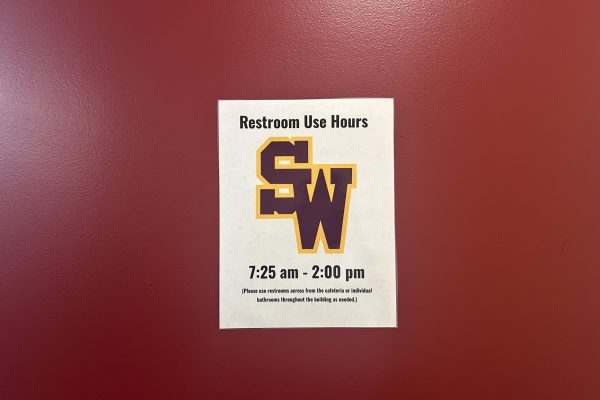
Eshal Irfan • Jun 7, 2023 at 5:23 pm
Wonderful article, Max! I couldn’t stop reading.